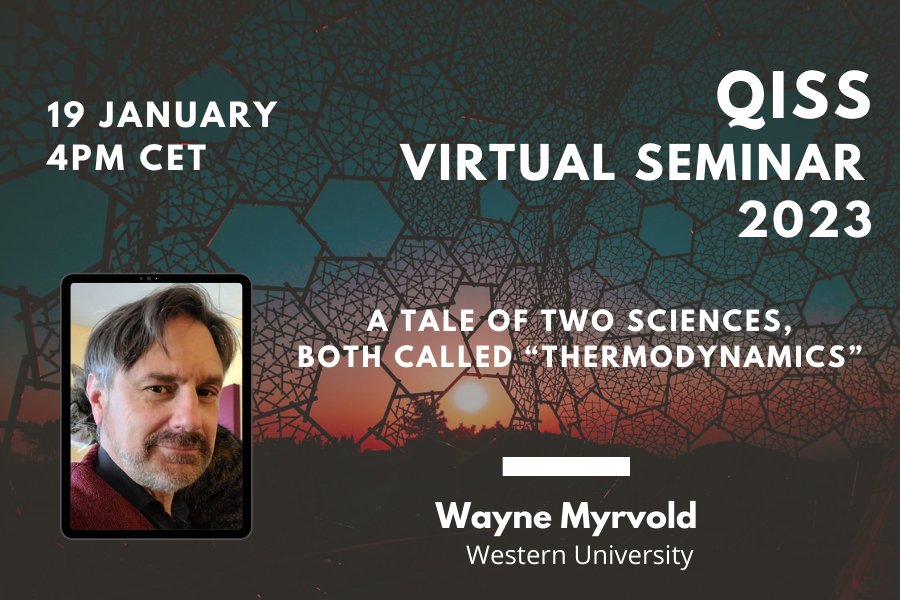It has been occasionally remarked, but insufficiently appreciated, that there are two distinct sorts of endeavour that have gone by the name of “thermodynamics”. The first, which is in line with how the founders of the subject thought of it, is a theory about how agents with limited means of manipulation and limited access to information about a system can exploit its physical properties to achieve specified ends. On this conception, which I have elsewhere called the “Maxwellian view”, thermodynamics is not a theory of basic or fundamental physics, but is, rather, a resource theory (or family of resource theories), akin to quantum information theory. The second, which I will call the “Planckian view”, thermodynamics has been severed from its roots in technological considerations, and is a theory about the bulk properties of macroscopic matter. The distinction between these two views makes a difference for the relation between thermodynamics and statistical mechanics. On the Planckian view, the relation should be one of reduction, and it is a matter of consternation that this supposed reduction is anything but straightforward. On the Maxwellian view, it is perfectly natural and appropriate for conceptions alien to physics proper (such as the notion of information) be brought to bear in discussing the relation of thermodynamics to the underlying physics. I will argue that many of the philosophical conundrums associated with thermodynamics arise from a conflation of the two sciences.
